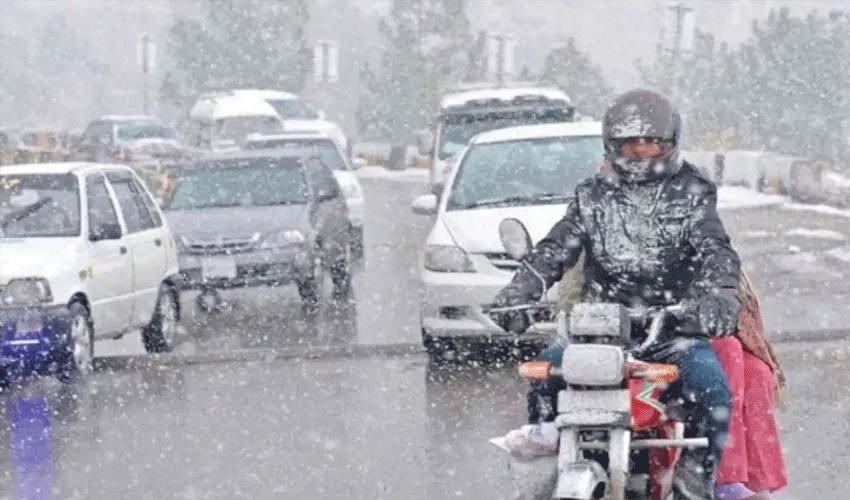World Wetlands Day is observed annually on February 2 to raise awareness about the vital role of wetlands in sustaining biodiversity, mitigating climate change, and supporting human livelihoods.
The day marks the signing of the Ramsar Convention on Wetlands in 1971 in Ramsar, Iran as an international treaty focused on the conservation and sustainable use of wetlands worldwide.
Wetlands cover about 6% of the Earth's surface, providing critical ecosystems such as marshes, swamps, lakes, and mangroves.
They serve as natural water filters, carbon sinks, and habitats for diverse wildlife. However, human activities, pollution, and climate change have degraded 35% of the world’s wetlands since 1970.
Wetlands in Pakistan
Pakistan is home to more than 225 wetlands, covering nearly 10% of the country’s total land area. Out of these, 19 wetlands are designated under the Ramsar Convention. Major wetland sites include Keenjhar Lake, Haleji Lake, Indus Delta, Jiwani Coastal Wetland, and Uchhali Complex.
These wetlands support migratory birds, marine life, and local communities dependent on fishing and agriculture. However, rapid urbanization, water pollution, and deforestation threaten these ecosystems.
How Wetlands Help the Environment
Wetlands act as natural filters, removing toxins and pollutants. They absorb excess rainwater, preventing floods, peatlands, and mangroves store carbon, reducing greenhouse gas emissions.
Wetlands provide habitats for birds, fish, and endangered species. Many communities rely on wetlands for fishing, tourism, and agriculture.
How Can Pakistan’s Youth Protect Wetlands?
Educate communities about the importance of wetlands through social media and school programs. Avoid dumping plastic and chemicals into rivers and lakes. Join or organize local wetland conservation efforts.
Plant mangroves and other wetland-friendly vegetation. Promote efficient water consumption in daily life.
Wetlands are nature’s defense against climate change: Punjab CM
Punjab Chief Minister Maryam Nawaz emphasized the critical role of wetlands in combating climate change, calling them the "lungs of the Earth" and vital for sustaining wildlife, groundwater levels, and carbon absorption.
In her message on World Wetlands Day, she highlighted that wetlands also help control floods. She noted that for the first time in Pakistan’s history, Punjab has introduced a comprehensive climate policy, prioritizing wetland conservation and enforcing stricter fishing regulations. The Punjab government, in collaboration with experts and global organizations, is committed to protecting the natural environment.


























